Here Is How The Apollo Foundation And The Forest Authorities Are Ensuring Better Lives For Telangana’s Chenchu Tribe
The Chenchu Tribe is among India's most vulnerable and marginalised communities. But synchronised efforts by stakeholders like the Apollo Foundation and the forest authorities are ensuring better lives for the tribal community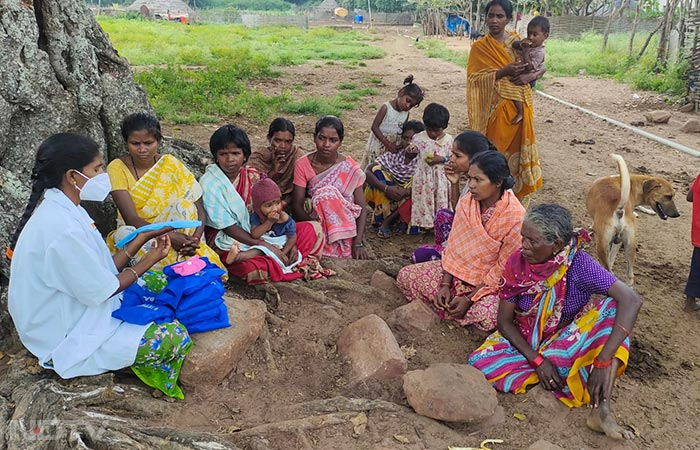
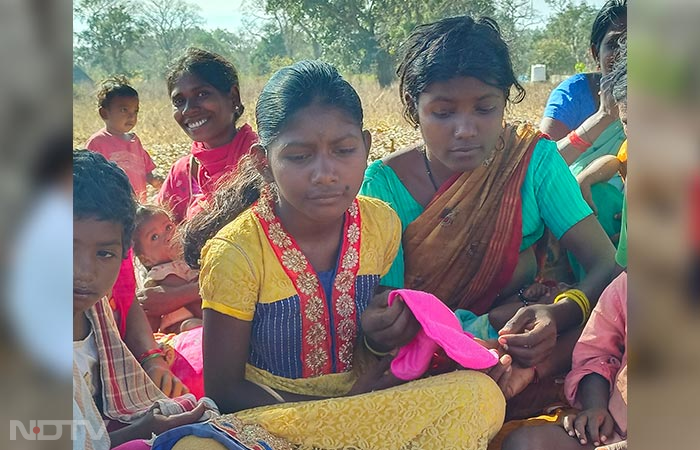
The Amrabad tiger reserve is one of the largest tiger reserves in India. It is located in an area that is traditionally inhabited by the Chenchus. Over the years, the Chenchu tribe's traditional relationship with the forests and natural resources has been altered in a serious and perhaps irreversible way. The tribal community lives in small clusters of 10 to 15 hutments.
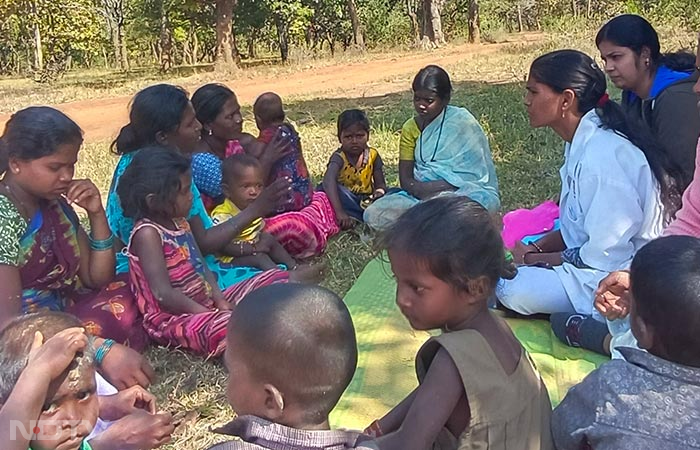
Within the Amrabad Forest, many Chenchu individuals remain unaware of basic healthcare knowledge, preventive care, the benefits of modern medicine, and basic skills to earn a living. But synchronised efforts by stakeholders like the Apollo Foundation and the forest authorities are ensuring better lives for the tribal community.
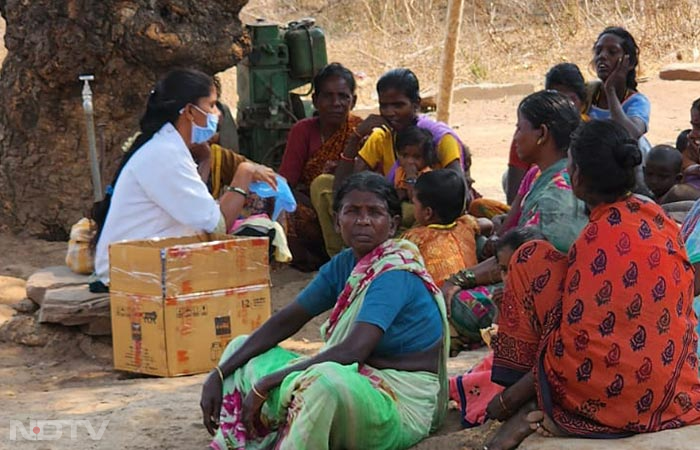
The foundation runs a Total Health programme to raise hygiene awareness among the tribals in the forests. The programme has set up a Geriatric Nutrition Clinic where senior citizens are given hot, nutritious midday meals, free of cost. Another important aspect is the provision of menstrual hygiene education and awareness, along with distribution of reusable sanitary napkins.
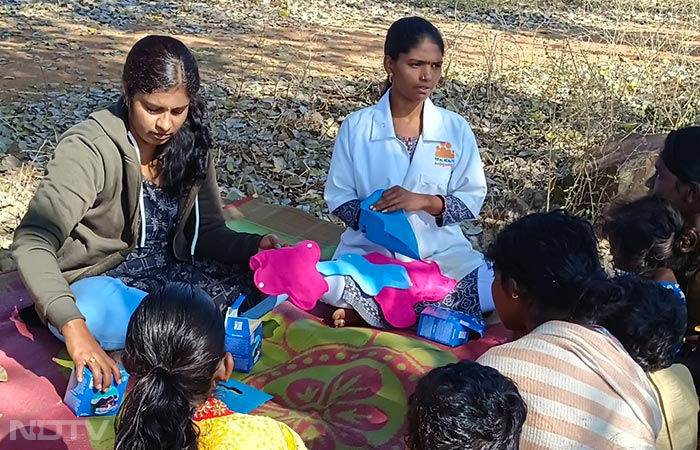
Upasana Kamineni Konidela, Vice Chairperson, CSR, Apollo Hospitals told us, 'Even with respect to hygiene, menstruation, overall health has improved for women so now they take care of their own health and their families. When we have our camps in different parts of the forest they are enthusiastic and they want to know more and are bothered about their health.'
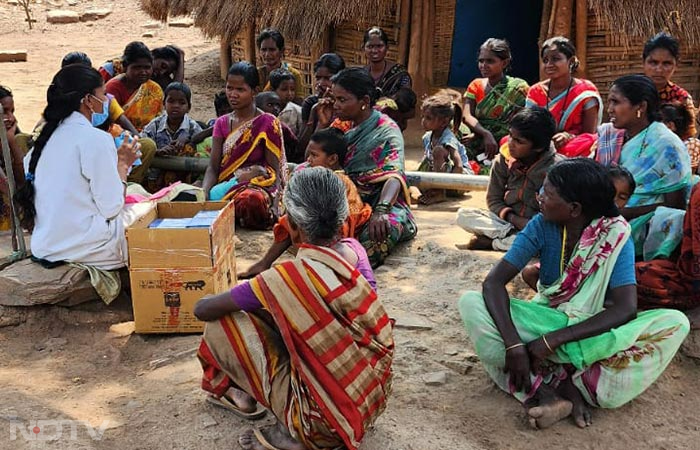
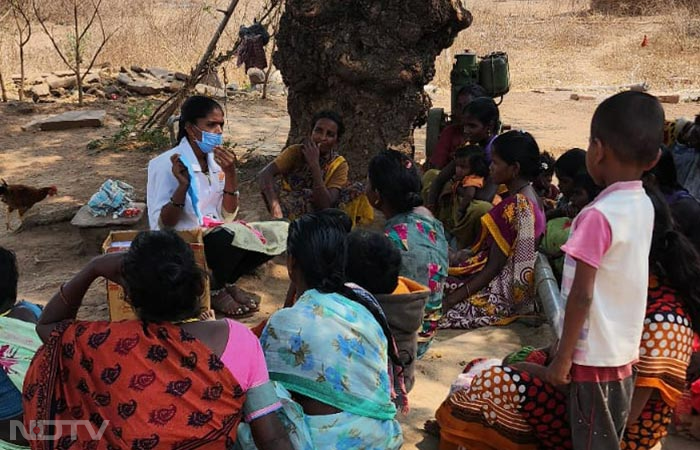
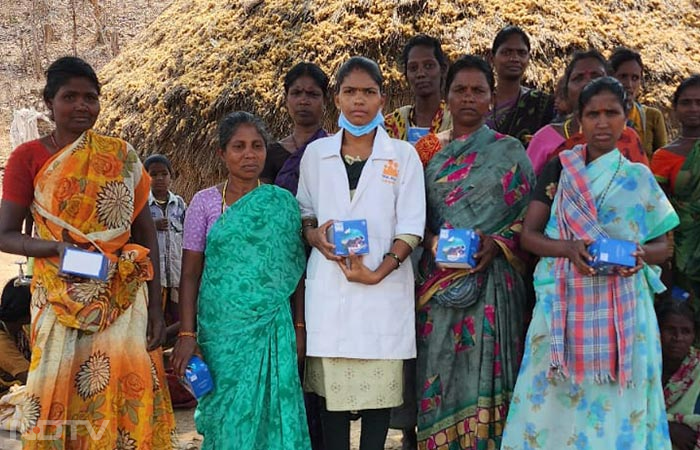
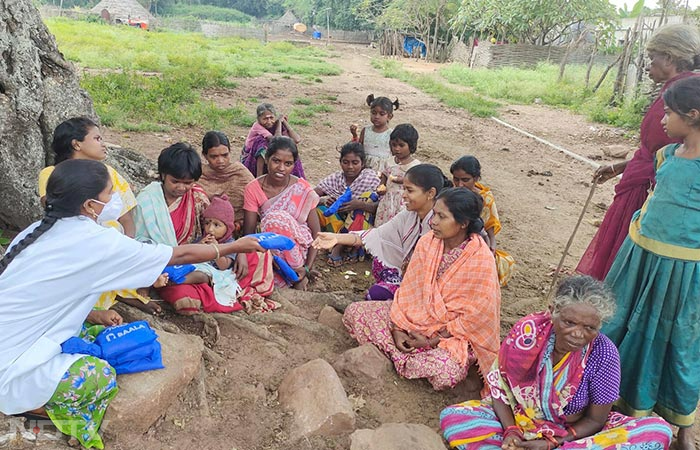
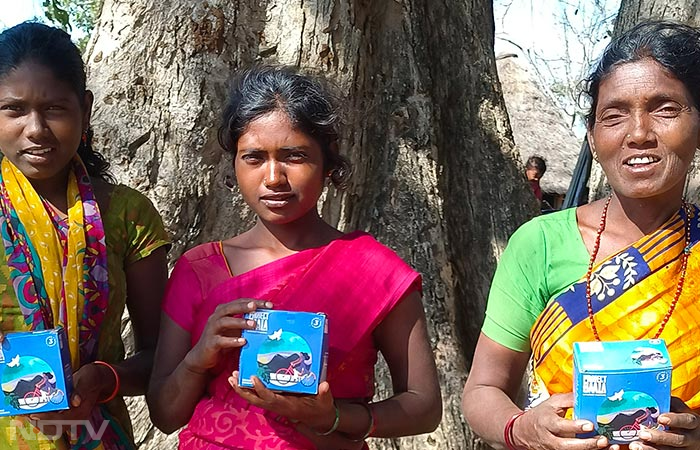
Speaking to the NDTV-Dettol Banega Swasth India team, Rohith Gopidi, District Forest Officer, Nagarkurnool, said that it was imperative to improve the health outcomes, education needs of the Chenchu tribe members, provide jobs to them, and make them a part of conservation, as without them Amrabad Tiger Reserve would not have existed.

















